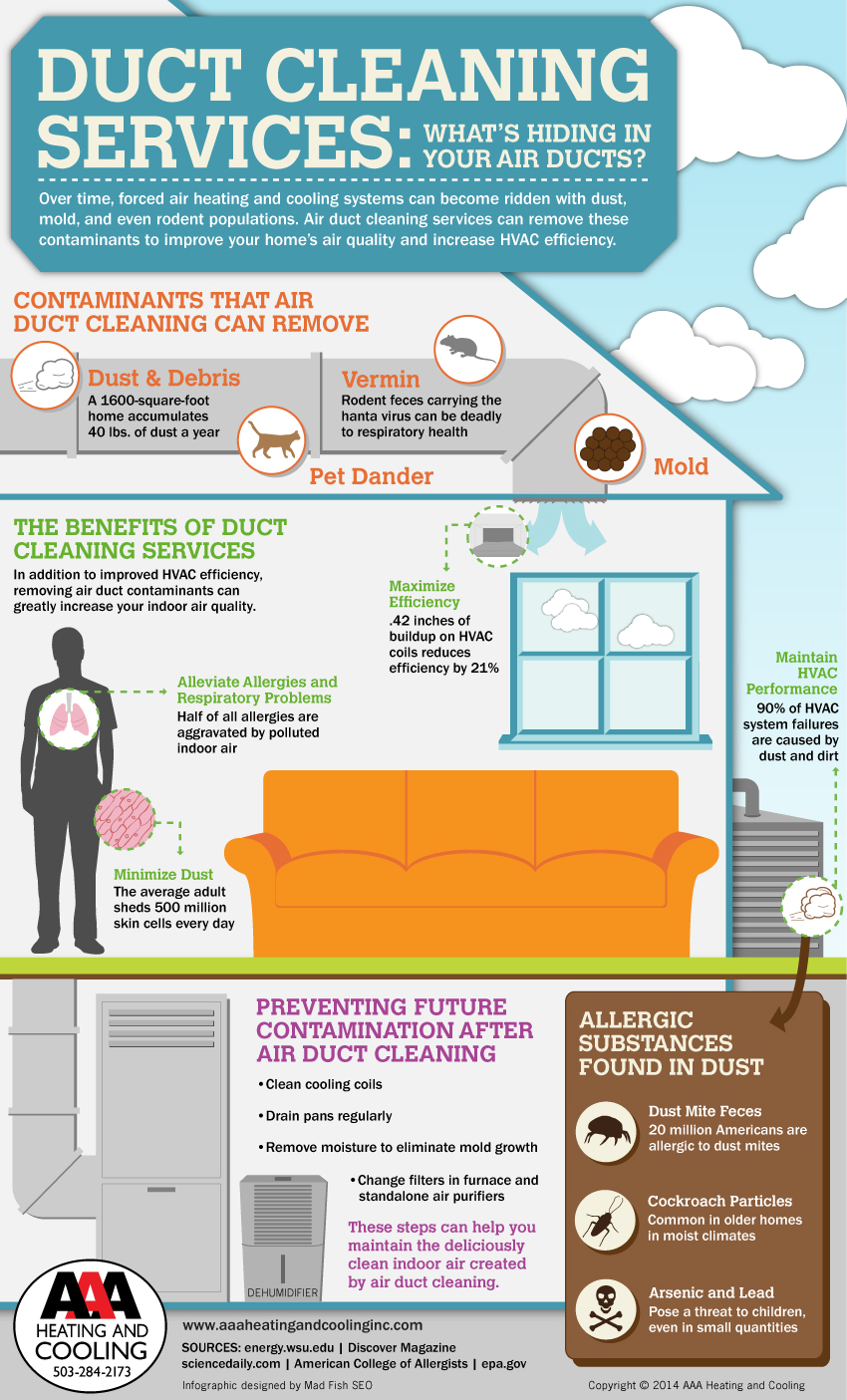Stop Expensive Fixes: How To Identify Early Signs Of A/C System Issues
Stop Expensive Fixes: How To Identify Early Signs Of A/C System Issues
Blog Article
Content By-Kjeldsen Martinez
You may not understand it, but your a/c system could be quietly outlining against you. https://docs.google.com/spreadsheets/d/1pwjmEr1lA-dJtuSLxmtBXPUeyQ5YSBYJJfTuJzPldnE/edit#gid=1659592503 's a complicated equipment, functioning carefully to keep you comfortable year-round.
Yet in some cases, it begins to show indications of trouble. Indications that, if disregarded, might bring about pricey repair work down the line.
So, how can you secure on your own from these prospective disasters? Well, allow's begin by listening carefully ...
Uncommon Sounds
If you listen to any uncommon noises originating from your HVAC system, it is necessary to resolve them immediately to stop possible issues. These noises could be a sign of underlying concerns that, if left neglected, can lead to more considerable and expensive repair work down the line.
One typical noise to pay attention for is a screeching sound, which may suggest an issue with the fan belt or electric motor.
An additional noise to watch out for is a banging or clanging sound, which could show loosened or busted components within the system.
In addition, a hissing or whistling audio could be an indicator of a cooling agent leakage.
Inconsistent Temperature
To make sure the optimal efficiency of your heating and cooling system, it's necessary to deal with any type of problems that may bring about expensive repair services, such as unusual sounds, in addition to the issue of inconsistent temperature level. Irregular temperature can not just make your home awkward however likewise suggest underlying problems with your a/c system.
Below are 3 indicators to look out for:
1. Cold and hot places: If you notice significant temperature variants in different areas of your home, maybe an indicator of a heating and cooling system that's battling to disperse air evenly.
2. Rising and fall thermostat analyses: If your thermostat constantly reveals various temperatures or falls short to keep a consistent temperature level, it may signify a malfunctioning HVAC system.
3. Ineffective air conditioning or heating: If your heating and cooling system takes longer to cool down or heat your home than typical, maybe a sign of an issue that needs attention.
Poor Air Top Quality
Are you experiencing symptoms like coughing, sneezing, or allergic reactions in your home? If so, your HVAC system may be to blame for the poor air quality.
A poorly preserved or defective heating and cooling system can distribute dirt, plant pollen, and other allergens throughout your home, causing respiratory system problems and pain.
One potential reason for poor air high quality is a dirty air filter. In time, the filter can come to be blocked with dirt, preventing it from effectively removing particles from the air.
Another possible offender is mold and mildew development within the system. Mold and mildew thrives in dark and wet settings, and if left untreated, it can release spores into the air, triggering allergic reactions.
To boost https://www.bobvila.com/articles/spring-cleaning-tips-and-tricks/ , make certain to regularly clean or replace your air filters and timetable regular upkeep for your cooling and heating system.
Verdict
So keep in mind, keeping an eye out for very early signs of a/c system problems can save you from pricey fixings down the line.
Did you understand that according to a recent study, 80% of cooling and heating system failures could have been avoided with routine maintenance and timely fixings?
By taking notice of unusual sounds, inconsistent temperatures, and inadequate air quality, you can guarantee your cooling and heating system stays in top shape and avoid unneeded expenditures.
Keep https://docs.google.com/spreadsheets/d/1FXWLz_w_jLg8Dx7iOWWV2kK74b-NNPVOMEui48lMXZk/edit#gid=1801962090 and save on your own the trouble!
